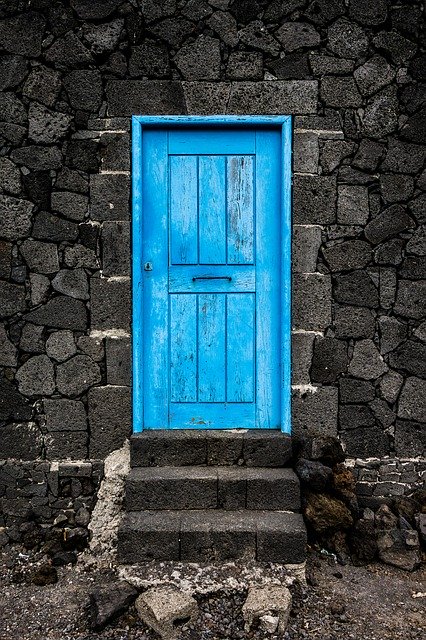“Lord, teach us to pray . . .”
Something about the way Jesus prayed was different. His disciples had ever heard anyone pray as he prayed. They wanted to pray like that.
Jesus answers his disciples’ question by teaching them the prayer we today call The Lord’s Prayer. At the end of the prayer, his teaching continues:
“So I say to you:
Ask and it will be given to you;
Seek and you will find;
Knock and the door will be opened to you.
For everyone who asks receives; the one who seeks finds; and to the one who knocks, the door will be opened” (Luke 11:9-10).
I am tempted to want to read these three statements as a “how-to to get what you want from God strategy” and miss that Jesus is telling me about how to be in relationship with the father. Jesus prays like no one else because he is in relationship with the father like no one else and he invites us to join him. He tells us when we pray to ask, to seek, to knock.
Ask. Why don’t we ask? We are worried that we might ask for the wrong thing or ask in the wrong way. When I put my request before God I do so knowing he is a good father. He will not turn my request for bread into a scorpion nor will he give me that which I do not need or is harmful to me, even if I ask for it. Allow me to illustrate what I mean. Your young child may ask for a drink of the hot tea you just brewed for yourself. The request itself is a good request, but as the parent, you know the scalding water will burn their mouth. So what do you do? You pour a little into a glass and add an ice cube, or you give them something else to drink entirely. Jesus says, “If you then, though you are evil, know how to give good gifts to your children, how much more will your Father in heaven give the Holy Spirit to those who ask him” (Luke 11:13). I am tempted to point out that the Holy Spirit is not what I asked for but then I see that He may not be what I asked for but he is what I need.
Seek. When I want something I can spend hundreds of hours searching the crevices of the world to find just the right item. But when it comes to God I cannot be bothered to read my bible, to pray, and to look for his work in my life and the lives of those around me. I often do not see God because I am not seeking him. Seek, he is to be found.
Knock. In his autobiography, Seven Storey Mountain, Thomas Merton describes the night he came to the Gethsemane Monastery in Kentucky to stay:
Then I saw that high familiar spire. I rang the bell at the gate. It let fall a dull, unresonant note inside the empty court . . . Nobody came. I could hear somebody moving around inside the Gatehouse. I did not ring again. Presently, the window opened, and Brother Matthew looked out between the bars, with his clear eyes and greying beard. “Hullo, Brother,” I said. He recognized me, glanced at the suitcase and said: “This time have you come to stay?” “Yes, Brother, if you’ll pray for me,” I said. Brother nodded, and raised his hand to close the window.
“That’s what I’ve been doing,” he said, “praying for you.”
We are surprised to hear that our good father is waiting on the other side of the door. He is not like the neighbor who would be angry with us for waking him at 3 am, rather he is waiting with bread baked and the table set eagerly anticipating our knock and to welcome us in.
When I come to the table of communion each week, I am reminded that he is a good father who desires for us to come and stay in his house, in his kingdom. So I ask, I seek, I knock, and I experience his welcome.
Blessings,
Stephen.
NOTES:
-
Merton, Thomas. The Seven Storey Mountain (pp. 407-408). HMH Books. Kindle Edition.
-
Giving Credit: The basic concept for this post is inspired by the “Listen to Him” Lenton resources from Seedbed Publishing.





